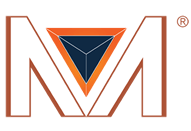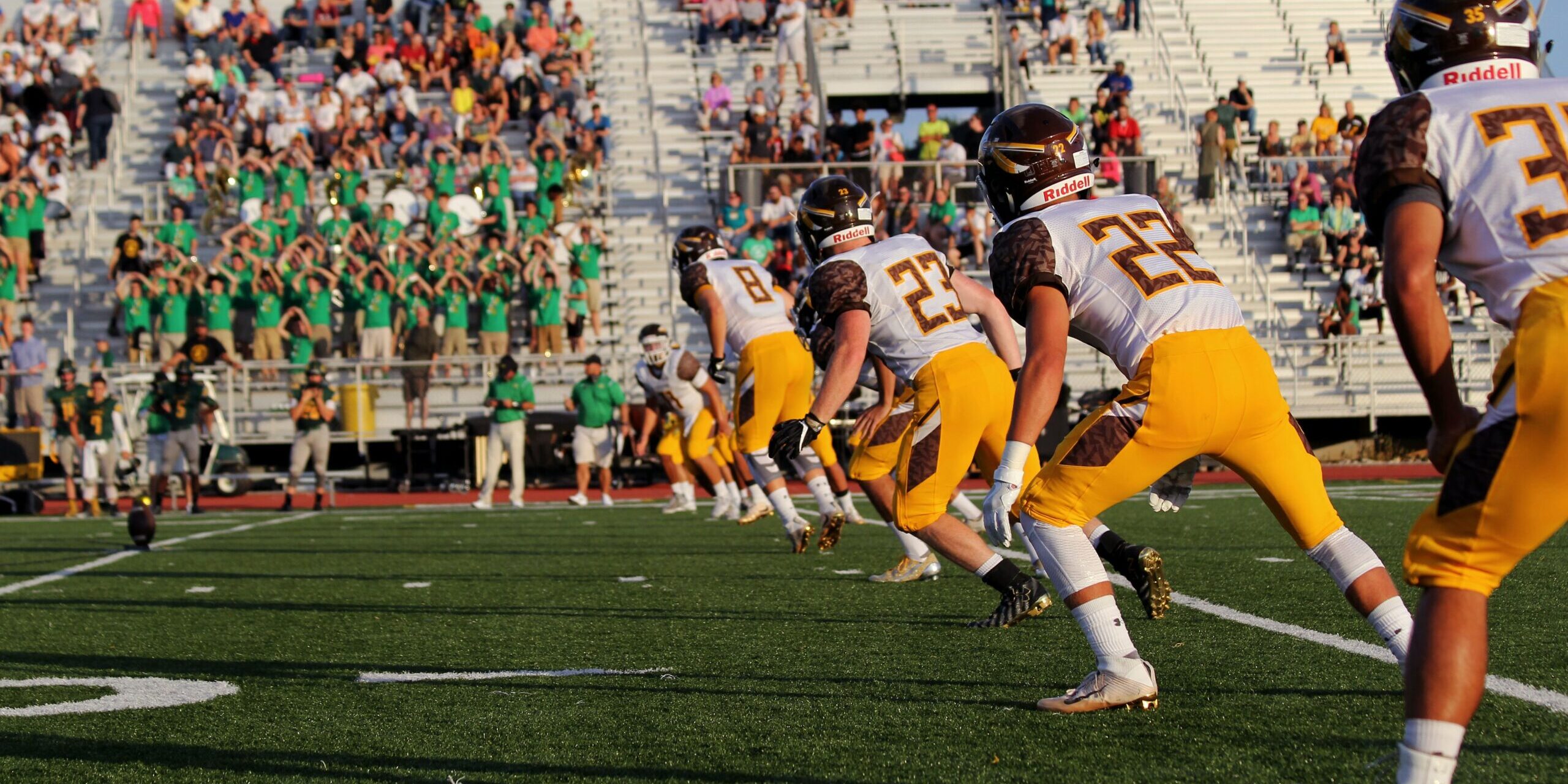While all Americans have the right to sell or license the rights to their NIL, college athletes forfeited this entitlement as part of the terms of signing scholarship contracts. However, this will no longer be the case.
For college athletes, receiving compensation for the use of their Name, Image, and Likeness (NIL) is currently a hot topic of discussion. The NCAA has received its share of pressure to set rules and guidelines for the use of NILs by college athletes. Without a federal law in place, states must pass legislation to allow college athletes to cash in on their NIL. In fact, as of July 1, 2021, no athlete in any state can be ruled ineligible to monetize their NIL and any school located in a state without a law going into effect is responsible for making and enforcing its NIL policy. At this time, a total of 24 states have officially passed specific NIL laws.
These states have laws that are currently or will go into effect in 2021:
- Alabama (July 1)
- Arizona (July 23)
- Florida (July 1)
- Georgia (July 1)
- Illinois (July 1)
- Kentucky (July 1)
- Mississippi (July 1)
- Nebraska (July 1; individual schools have until 2023 to implement)
- New Mexico (July 1)
- Ohio (July)
- Oregon (July 1)
- Pennsylvania (July 1)
- Texas (July 1)
In addition, 11 states have passed official legislation that will go into effect within the next four years:
- Arkansas (2022)
- California (2023)
- Colorado (2023)
- Maryland (2023)
- Michigan (2022)
- Montana (2023)
- Nevada (2022)
- New Jersey (2025)
- Oklahoma (No later than 2023 — can be implemented immediately on a by-school basis)
- South Carolina (2022)
- Tennessee (2022)
It is important to note that California has made moves to push for an earlier start date than originally suggested (2023) to prevent being so far behind the states that started this month. Senator Nancy Skinner, author of California’s 2019 Fair to Pay to Play Act (CA Senate Bill 206), has sponsored a new bill to push the start date for college athletes in California’s universities and colleges to begin cashing in on their NILs as early as Sept. 1, 2021.
So how exactly do college athletes make money within the NIL system? The right to accept money from a business in exchange for allowing that business to feature them in ads or on products is just one way to monetize their NIL. Other ways (and there are more) include the following list:
- Social media (sponsored posts or advertisements)
- Autograph sales
- YouTube channels and Twitter videos
- Private training lessons
- Merchandise
- Endorsement deals
On the flip side, student-athletes are prohibited from compensation related to pay for play, impermissible offers, and inducements or extra benefits*. That means:
- No quid pro quo (compensation for work not performed).
- No compensation contingent on initial or continued enrollment at a school (e.g., recruits cannot be paid to attend an institution).
- No compensation that is contingent on an athlete’s performance or achievement. An athlete’s NIL value might be enhanced by performance, but an athlete cannot have any financial incentive based on points scored, etc.
- College athletes cannot receive benefits that are inconsistent with institutional policies.
- Athletes cannot wear an athletic brand on the field that does not represent the financial deal an institution has with another athletic apparel company.
Depending on the school they attend, college athletes cannot endorse alcohol, tobacco, or gambling products. They are also prohibited from using school logos in paid opportunities or signing deals that conflict with the school’s sponsorship agreements.*Prohibited activities vary by state.
Student-athletes can hire certain types of athlete representatives to help with NIL deals. However, imposed restrictions may apply in NIL representation contracts.
Athletes are allowed to engage lawyers, sports agents, tax professionals and others to assist with NIL deals. However, specifically with respect to sports agents, in some states the athletes’ NIL representation contracts with a sports agent cannot stipulate that the sports agent will represent student-athletes in future negotiations if they turn pro. As an attorney, I have been involved in a number of NIL deals between brands and professional athletes and celebrities, and can offer resources to help create and maintain successful athlete-brand partnerships. Representation of athletes in connection with NIL includes drafting, reviewing, advising, and negotiating NIL endorsement/license agreements and contracts with consumer brands and other commercial businesses and entities.
It is encouraging for student-athletes to know that they can begin monetizing their NILs but they also need to understand the specific rules in place in the state their school is located. NIL deals are a win-win for the athletes and the businesses if done correctly. By hiring an attorney to help with NIL deals, the athletes can be confident in knowing they are being represented by an experienced legal professional and simply enjoy the ride. And what about the fans? Nothing changes for fans as a result of NIL deals other than gaining the chance for greater interaction with their favorite athletes and learning more about what they are passionate about and support. Fans can connect with them on a more personal level and athletes, in turn, can contribute even more fulfillment to the fan experience.
Source article: The Athletic, “Name, image and likeness (NIL): What it means, why it matters and how it’s impacting the NCAA and college sports. https://theathletic.com/2580642/2021/07/01/name-image-and-likeness-nil-what-it-means-why-it-matters-and-how-it-will-impact-college-sports/








